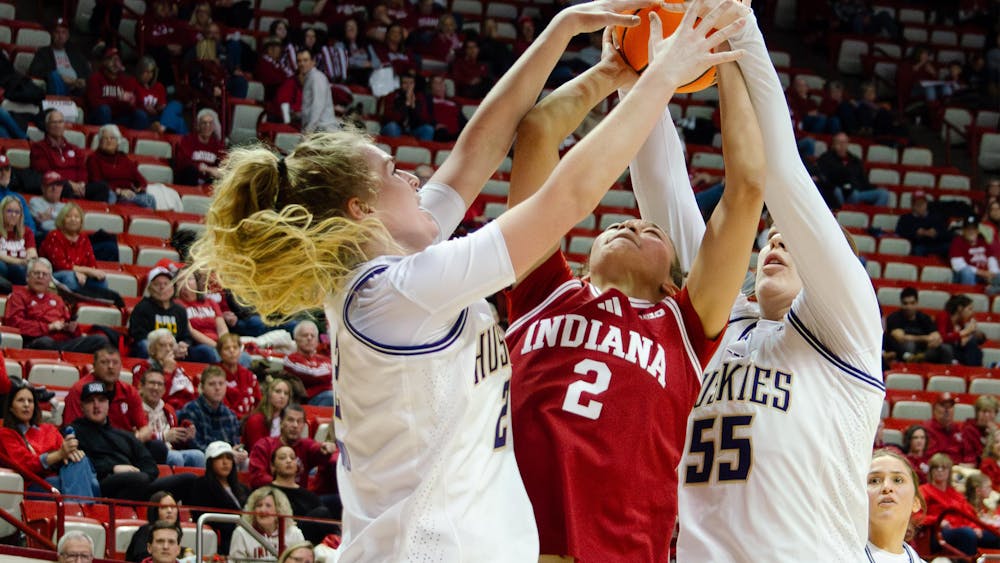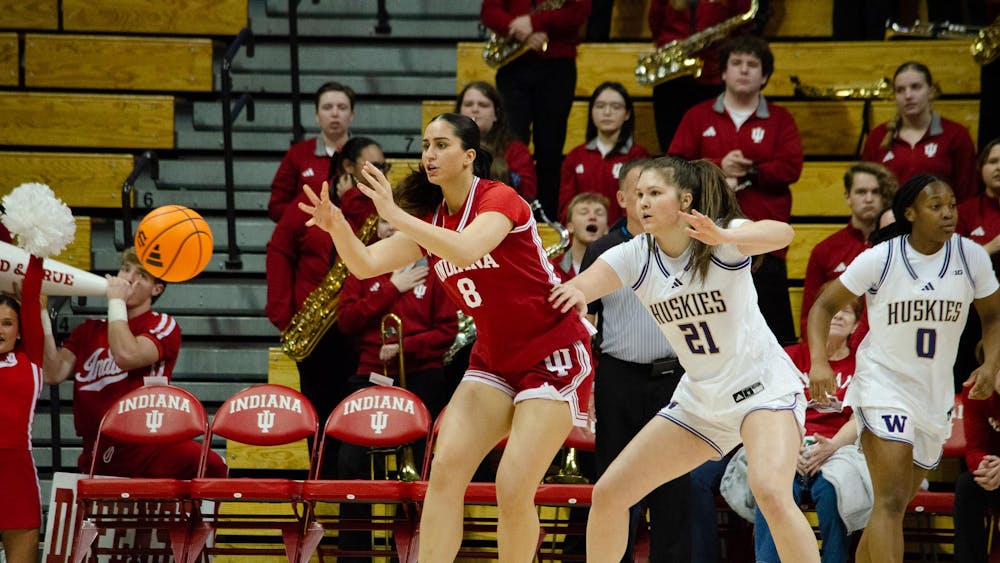LONDON – I can’t afford to stay in this city much longer.
The coffee is three bucks a cup, the monthly pass for the Tube costs $150 and even a postcard to a loved one adds up to about $2.50.
But I’m not the only one in this city whose budget is stretched too thin.
On Tuesday, newspapers published statistics showing that the 20 Premier League teams owe a total of 3.1 billion pounds (about $5.1 billion). The top two clubs – Manchester United and Chelsea – topped the list with 699 million pounds and 701 million pounds, respectively.
This wasn’t the first notice of financial struggles. In October 2008, the chairman of the Football Association, Lord Triesman, announced that the Premier League was in a 3-billion-pound shortage.
Out of all the revelations or surprises that have occurred since my arrival, this one was the least alarming. Members of Parliament stealing money from taxpayers? Outrageous. Susan Boyle not winning “Britain’s Got Talent”? Surprising. But football clubs not being able to afford their jerseys? Boring.
I’ve been wondering ever since I got here how clubs can afford to sign Cristiano Ronaldo or Kaka for millions of pounds. How can they financially sustain their rosters? How much do their stadiums cost to build and maintain?
While TV contracts, ticket sales and general marketing campaigns bring in revenue – the Champions League Final victory brought in about 100 million pounds – the demands of keeping a team not only in the Premier League, but at the top, are costly.
I’m not sure what the solution is to this financial crisis. With the astronomic salaries these players receive, they could try to institute a salary cap.
The NHL, NBA and NFL all have salary caps, while MLB has a luxury tax for teams that exceed the set total they are allowed to spend.
But are the leagues better because of their budgets? Would baseball’s steroid problem go away if the Yankees couldn’t sign every player within their grasp? Would the NBA have fewer flagrant fouls if the owners weren’t constrained by the luxury tax?
American sports leagues aren’t immune to the same problems facing the Premier League. Most sports teams do not turn a profit – even the Yankees and Red Sox reported losses in 2006. And with the recession, it’s harder to get families struggling to pay their bills to turn up for a costly two-and-a-half hour game.
So how can some of the biggest sports teams in the world curb their spending, increase profits and switch from red to black?
Don’t ask me. I can’t even afford the postcards.





